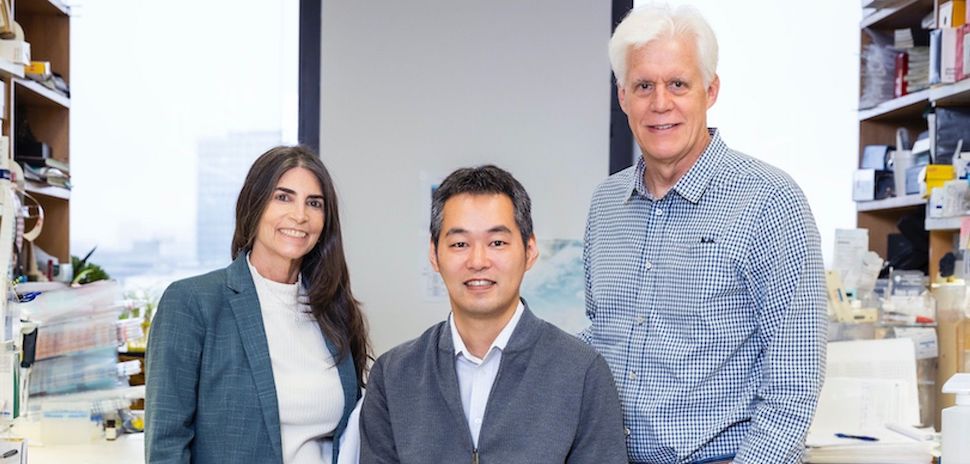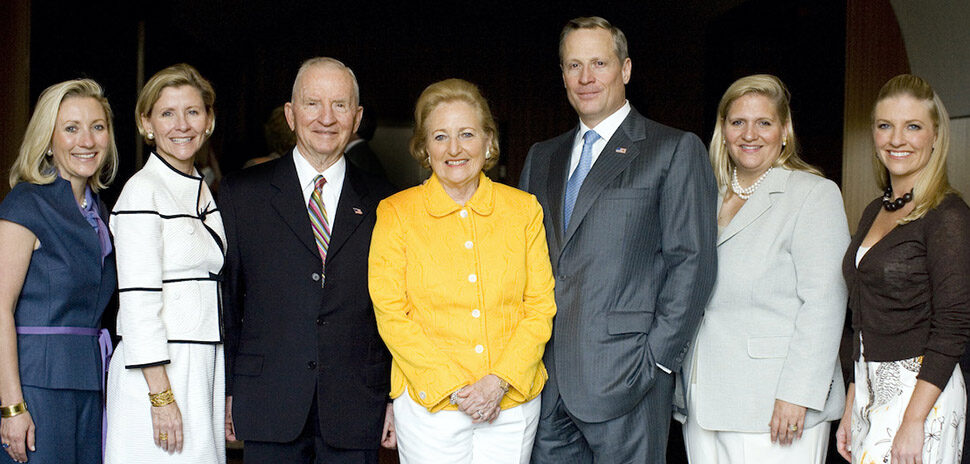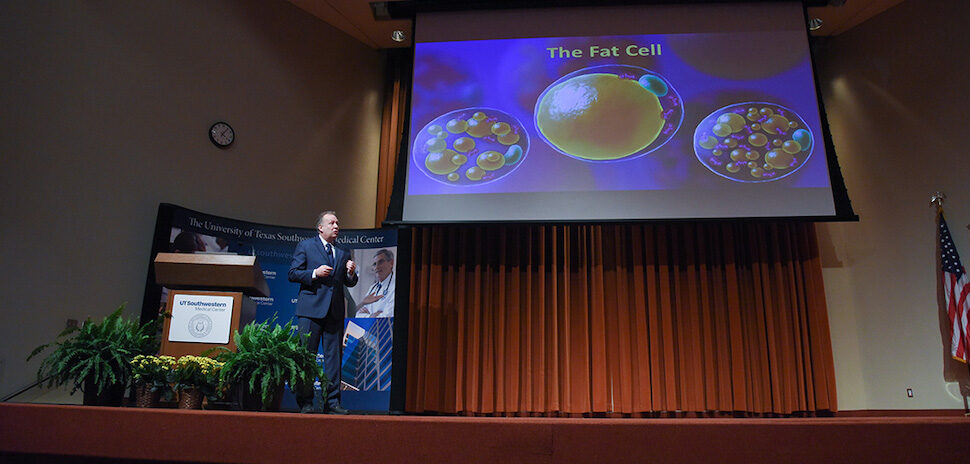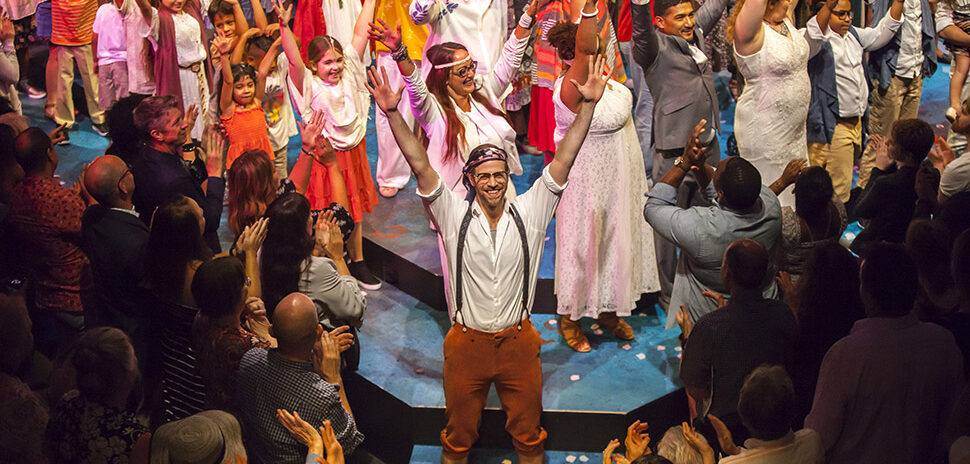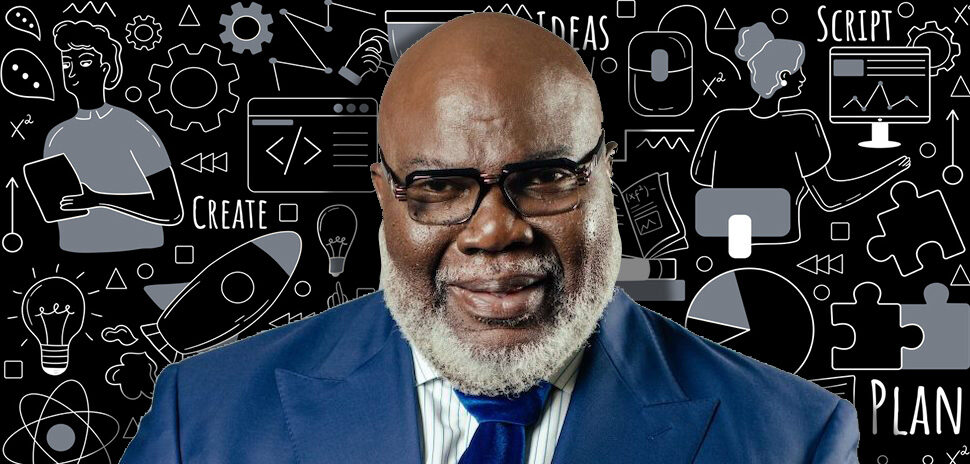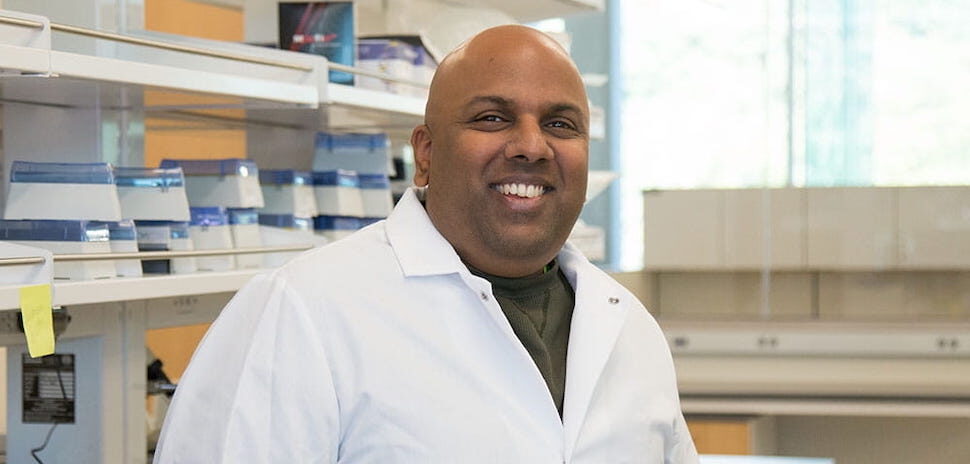In a groundbreaking development, UT Southwestern researchers have made a leap forward in the fight against dilated cardiomyopathy (DCM), an inherited heart condition that affects one in 250 people worldwide. Through the innovative use of gene editing technology, they’re paving the way for new possibilities and hope for those living with this condition—offering them a chance for an improved quality of life.
The researchers used the CRISPR-Cas9 gene editing system to correct mutations responsible for the condition in human cells and a mouse model of the disease. The research could lead to treatments sooner rather than later, the team says.
“The pace of this field is really breathtaking,” Eric Olson, Ph.D., chair and professor of Molecular Biology at UTSW, said in a statement. “I expect that if this moves forward into patients, we’re not talking within decades—we’re talking within years.”
Dr. Olson co-leaders on the study are Rhonda Bassel-Duby, Ph.D., professor of Molecular Biology, and Takahiko Nishiyama, M.D., Ph.D., a postdoctoral fellow in the Olson lab.
‘Reversing’ the disease’s characteristics
“All of the disease characteristics we see because of these mutations were reversed with CRISPR-Cas9 therapy. It’s fair to say the success of this approach completely exceeded our expectations,” Olson said.
DCM is caused by mutations in a gene known as RNA binding motif protein 20 (RBM20) that affects the production of hundreds of proteins in cardiac muscle cells responsible for the heart’s pumping action, UTSW said.
Disease creates havoc throughout the heart
UTSW, one of the nation’s premier academic medical centers, said that dilated cardiomyopathy creates havoc throughout the heart, gradually destroying its ability to contract and causing it to become extremely enlarged and fail over time, the university said.
The condition is a relatively common type of heart muscle disease, according to UTSW.
The condition can be inherited. Other experts say it’s also possible for dilated cardiomyopathy to develop in people who do not have a family history of the condition. In other cases, dilated cardiomyopathy may be caused by other factors, such as viral infections, high blood pressure, or other medical conditions.
Treatment for dilated cardiomyopathy
Current treatment is limited to drugs—which can improve contractile function but don’t provide a permanent fix—or a heart transplant, which often isn’t an option because of a shortage of donor organs, UTSW said.
Olson, Bassel-Duby, Nishiyama, and their colleagues looked to CRISPR-Cas9, a popular tool for genetic research that was recognized with the Nobel Prize in Chemistry in 2020. It’s a system that allows researchers to potentially correct disease-causing mutations in important genes.
The U.S. Food and Drug Administration has approved a single clinical trial that uses this technology to try to treat sickle cell disease.
Could be used to treat other genetic diseases
Olson said CRISPR-Cas9 has the potential to treat other genetic diseases. He and his colleagues have used CRISPR gene editing to develop a technique to halt progression of Duchenne muscular dystrophy in animal models, UTSW said.
To determine the technique’s feasibility for DCM, the team used a virus to deliver CRISPR-Cas9 components to cardiac muscle cells derived from human cells carrying two different types of DCM-causing mutations. Scientists used the technology to swap a single nucleotide, the basic unit of DNA, to correct one type of mutation. In another set of cells, they replaced a piece of DNA from mutated RBM20 with a healthy segment of this gene, UTSW said.
Following the CRISPR-Cas9 treatment, the mutant cells gradually lost characteristics inherent to DCM: The protein produced by RBM20 moved to its normal place in the nucleus, and the cells began making healthy proteins.
When the team delivered the CRISPR-Cas9 treatment to one-week-old mice carrying one of the mutations, the animals never developed enlarged hearts and had normal life spans, UTSW said. Untreated mice showed symptoms mirroring those of human DCM patients, it said.
Challenges remain before use in patients
Several challenges remain before the therapy can be used in DCM patients, the researchers said.
Work is still to be done to ensure that the effects of CRISPR-Cas9 are permanent and precise, and that the smallest dose possible is delivered, UTSW said. Still to be determined is whether the treatment could be used in patients whose disease is more advanced.
Olson holds the Pogue Distinguished Chair in Research on Cardiac Birth Defects; The Robert A. Welch Distinguished Chair in Science; and the Annie and Willie Nelson Professorship in Stem Cell Research. He’s also director of the Hamon Center for Regenerative Science and Medicine.
The study was funded by grants from the National Institutes of Health, the Foundation Leducq Transatlantic Network of Excellence, a Uehara Memorial Foundation Postdoctoral Fellowship, and a Japan Heart Foundation/Bayer Yakuhin Research Grant Abroad Fellowship.
Quincy Preston contributed to this report.
![]()
Get on the list.
Dallas Innovates, every day.
Sign up to keep your eye on what’s new and next in Dallas-Fort Worth, every day.










